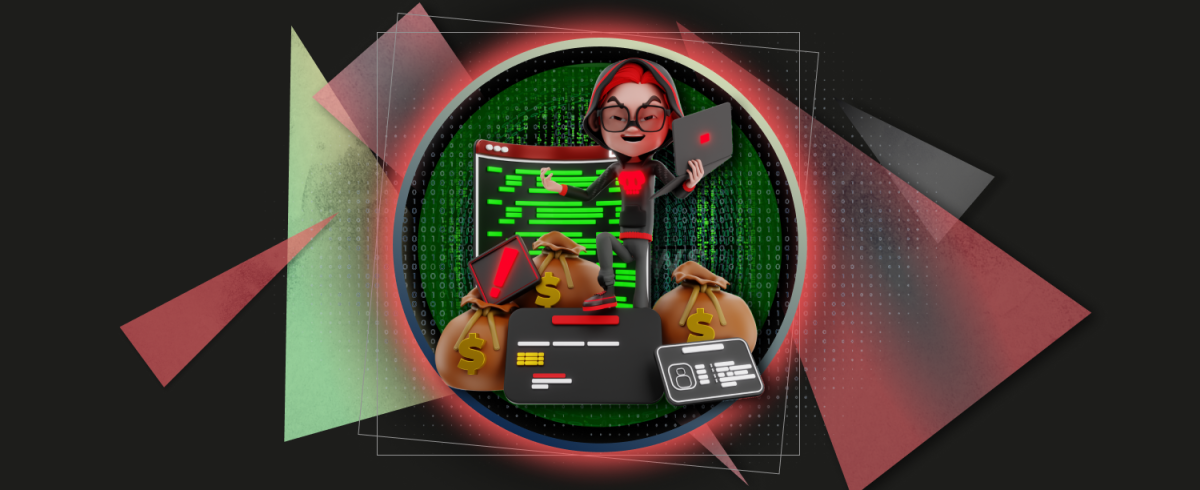Blockparty CTO stole over $1 million from the company

The U.S. Department of Justice continues to bring new crypto scammers under the Christmas tree for the FBI. According to the U.S. Attorney’s Office for the Southern District of New York, Blockparty’s co-founder and CTO Rikesh Thapa was arrested on December 7.
On this page
Blockparty is a company that was created for fans of parties and various cultural events. Its founders decided to use the blockchain to ensure pricing transparency and prevent fake tickets. However, something went wrong with a promising startup, and it ended up as a victim of its own co-founder.
Rikesh Thapa was not only one of the masterminds of Blockparty, but also served as Chief Technology Officer. From December 2017 to September 2019, the 28-year-old entrepreneur used several fraudulent schemes for getting over $1 million in illegal profits.
U.S. Attorney Damian Williams said:
Rikesh Thapa allegedly betrayed his company’s trust, as he was responsible for the safeguarding of substantial amounts of money. Thapa went to great lengths to cover up his frauds, but, thanks to the dedicated work of this Office and our law enforcement partners, he will now have to answer for his crimes.
According to the indictment, Rikesh Thapa conducted several fraudulent schemes using fiat, crypto, and the company's utility tokens. What were they, and why did the ingenious CTO go unpunished for so long?
1. Tricky diversification. In 2018, Blockparty's founders decided to deal not only with crypto, but also with fiat, as they realized that certain users and business partners are skeptical about digital assets. As part of this plan, $1 million was transferred from the company's budget to Thapa's personal bank account “for safekeeping.”
2. Thapa spent the money on personal expenses. He provided his colleagues with a forged bank statement, which falsely represented that Thapa held over $21 million in his bank account. The document indicated that the company's funds were in a separate account. However, in 2019, the scammer refused to return $1 million to the company.
3. Blockparty's money was used to cover clothing, travel, and nightclubs expenses. The investigation revealed that Thapa never had a separate account for the firm's funds, and his personal savings were considerably less than $20 million.
4. Misappropriation of Bitcoins. During the same period, Rikesh Thapa grabbed all the company's digital assets he could lay his hands on. The fraudster was able to steal BTC because he was given the responsibility of overseeing cryptocurrency transactions. Thapa forged trading records and deleted emails to cover his illegal actions. Thus, he stole at least 10 Bitcoins. Thapa successfully sold them and transferred the proceeds to his account.
5. Mischief with utility tokens. The unauthorized sale of Blockparty tokens was yet another (and, finally, the last) scam. Rikesh Thapa visited Italy in the summer of 2019, and sold more than 174,000 of the company’s utility tokens there. Of course, he concealed this information from Blockparty's CEO.
As we allege today, the defendant repeatedly stole from and defrauded the victim company – which he cofounded – in order to fund a luxurious personal lifestyle. In an attempt to hide his crimes, he also deleted and falsified records. The FBI will continue to work to ensure individuals willing to scam and steal from private businesses are held accountable in the criminal justice system,
FBI Assistant Director in Charge Michael J. Driscoll said in a statement.
The scammer could face up to 20 years in prison.
The content on The Coinomist is for informational purposes only and should not be interpreted as financial advice. While we strive to provide accurate and up-to-date information, we do not guarantee the accuracy, completeness, or reliability of any content. Neither we accept liability for any errors or omissions in the information provided or for any financial losses incurred as a result of relying on this information. Actions based on this content are at your own risk. Always do your own research and consult a professional. See our Terms, Privacy Policy, and Disclaimers for more details.


























